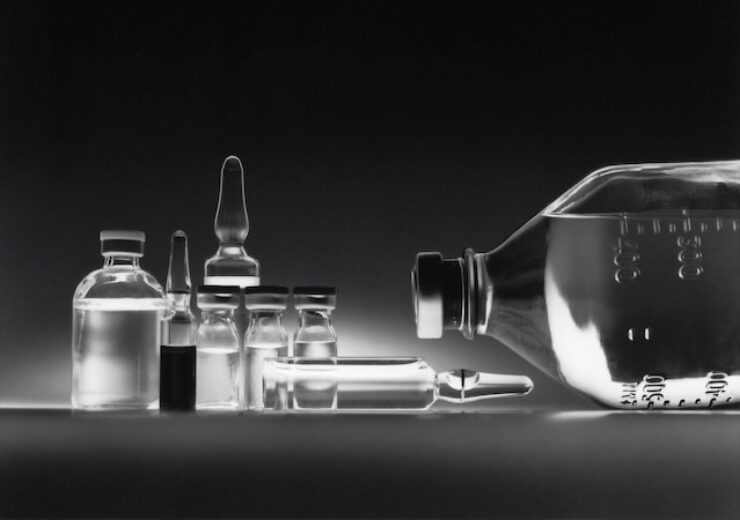The Bill & Melinda Gates Foundation will provide $20m to Quantoom Biosciences to further advance the mRNA technology, and $5m each to Institut Pasteur de Dakar (IPD) and Biovac to purchase and use the technology to develop the vaccines locally

Gates Foundation to invest $40m in advancing mRNA-based vaccines. (Credit: National Cancer Institute on Unsplash)
Bill & Melinda Gates Foundation has announced a $40m funding to advance mRNA research and vaccine manufacturing technology in low- and middle-income countries (LMICs).
The new funding, which builds on the foundation’s previous $55m investment in mRNA technology, will help LMICs develop high-quality, lifesaving vaccines at scale.
Gates Foundation will provide $20m to Belgium-based biotech company Quantoom Biosciences to further advance the mRNA technology and reduce costs for commercialisation.
Additionally, Senegal-based Institut Pasteur de Dakar (IPD) and South Africa’s Biovac will receive $5m each, to purchase the technology and use it to develop the vaccines locally.
The foundation will provide the remaining $10m to other vaccine manufacturers in the LMICs, which are yet to be finalised.
Bill & Melinda Gates Foundation Global Health Division president Trevor Mundel said: “Expanding the availability of affordable, high-quality vaccines that meet the needs of local communities is one of the best ways to improve global health outcomes and reduce preventable deaths.
“By lowering barriers to access for low- and middle-income countries, we can help ensure more people around the world benefit from lifesaving health innovation.”
Quantoom Biosciences CEO José Castillo said: “We’re thrilled to partner with IPD and Biovac to scale our technology in Senegal and South Africa and help increase access to novel mRNA vaccines, one of medicine’s most promising new tools.”
The mRNA technology is considered a potential game-changer for a range of infectious diseases, such as tuberculosis, malaria, and Lassa fever, which affect people in LMICs.
The research and manufacturing processes of mRNA vaccines are simpler compared to traditional vaccines.
Expanded access to the technology can help LMICs discover and develop low-cost, high-quality vaccines for diseases such as malaria and tuberculosis.
Quantoom develops a modular mRNA technology that addresses limitations in the current mRNA research and manufacturing technologies, making it simpler and cheaper to use.
Its advanced mRNA platform can reduce the cost of producing a vaccine by more than 50%, compared to traditional mRNA technology, along with the need for well-trained experts.
IPD plans to start manufacturing essential measles and rubella vaccines using its parent organisation Univercells’ original vaccine manufacturing technology.
IPD CEO Amadou Sall said: “Expanding our capacity to discover and manufacture affordable mRNA vaccines in Africa is an important and necessary step towards vaccine self-reliance in the region.
“We welcome this new funding, which will promote the development of lifesaving technologies on the continent while also contributing to global health security by expanding the supply and access to vaccines—allowing us to achieve greater health equity worldwide.”
Biovac CEO Morena Makhoana said: “This collaboration will help close critical gaps in access to promising mRNA vaccines against diseases that disproportionately affect the world’s poorest.”
